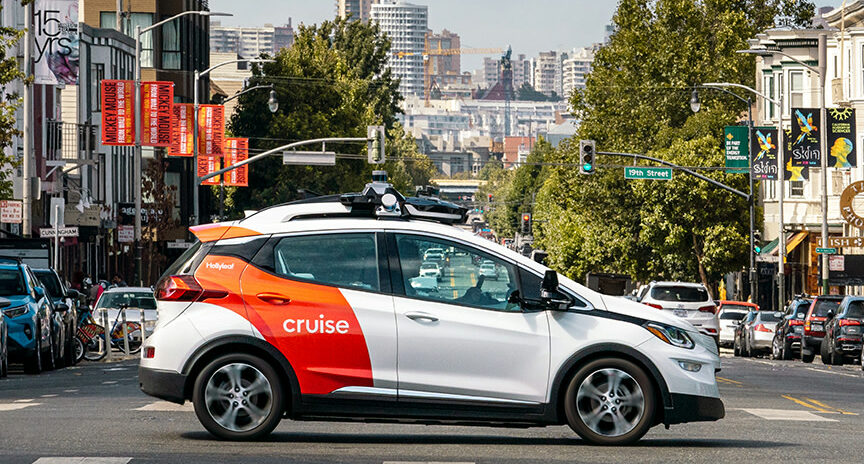Safety incidents and oversight concerns cast doubt on the future of self-driving taxis in San Francisco.
It is a week of contradictions, from tricky questions about safety to concerns about the affordability of green mobility. Traffic psychologist Matthijs Dicke outlines one gloomy picture of Dutch roads, where aggressive behavior among motorists threatens to normalize. Goudappel, the company where Dicke works, not only makes observations but also identifies broader social trends.
In the meantime, ProRail is working on the reconstruction of tracks 11 and 12 at The Hague Central Station to cope with the expected increase in train traffic. This reconstruction art is not without challenges; ProRail is obliged to both minimize dust nuisance for local residents and to introduce new, quartz-free ballast stones to reduce the health risk for rail workers.
There is a paradox on the electrical front. While electric driving is encouraged as a green alternative, high charging costs are a dark cloud that hinders accessibility. In addition, it turns out that monopoly of some large charging companies in cities does not benefit consumers. Here there is a need for more market competition to reduce prices and increase accessibility.
A report from Panteia also predicts rising costs in the healthcare and taxi transport sectors for the coming year. A combination of collective labor agreement wage increases and expected fuel costs ensures that the NEA index for 2024 it will be 4,0%. The methodology behind this forecast is robust, based on reliable indicators such as the consumer price index and various other economic forecasts.

California Department of Motor Vehicles (DMV) last week suspended Cruise's robotaxi license, effectively and immediately. Cruise, a subsidiary of General Motors, had chosen San Francisco as its testing ground for its futuristic fleet of self-driving taxis. The decision casts a shadow over the promise of autonomous mobility and raises pressing questions about safety and oversight in this rapidly evolving sector.
So as Dutch cities embrace green mobility, from e-bikes to electric cars, serious questions arise. Is it safe? Is it affordable? Is it fair? And above all, is it sustainable in the long term? These are questions that force not only governments, but also communities and individuals, to dig deeper and seriously consider the costs and consequences of their mobility choices.


